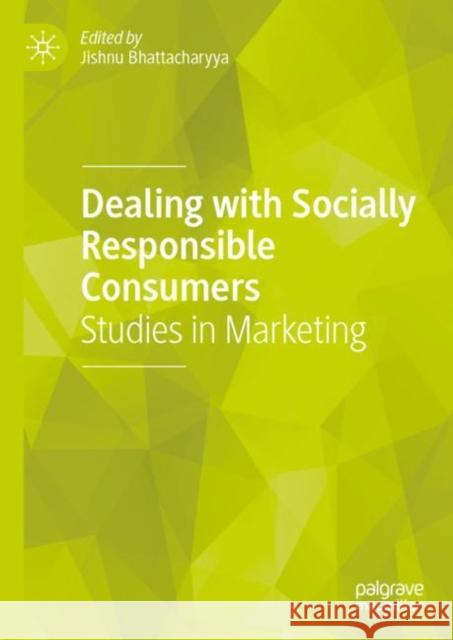Dealing with Socially Responsible Consumers: Studies in Marketing » książka
topmenu
Dealing with Socially Responsible Consumers: Studies in Marketing
ISBN-13: 9789811944567 / Angielski / Twarda / 2023 / 520 str.
Dealing with Socially Responsible Consumers: Studies in Marketing
ISBN-13: 9789811944567 / Angielski / Twarda / 2023 / 520 str.
cena 362,27
(netto: 345,02 VAT: 5%)
Najniższa cena z 30 dni: 346,96
(netto: 345,02 VAT: 5%)
Najniższa cena z 30 dni: 346,96
Termin realizacji zamówienia:
ok. 16-18 dni roboczych.
ok. 16-18 dni roboczych.
Darmowa dostawa!
Kategorie:
Kategorie BISAC:
Wydawca:
Springer Verlag, Singapore
Język:
Angielski
ISBN-13:
9789811944567
Rok wydania:
2023
Ilość stron:
520
Wymiary:
21.0 x 14.8
Oprawa:
Twarda
Dodatkowe informacje:
Wydanie ilustrowane











